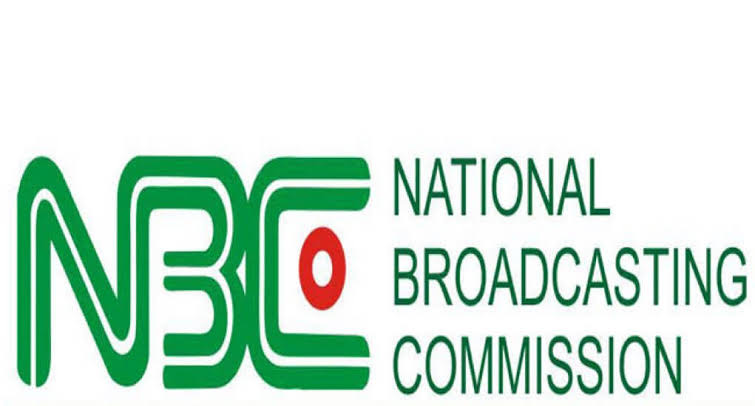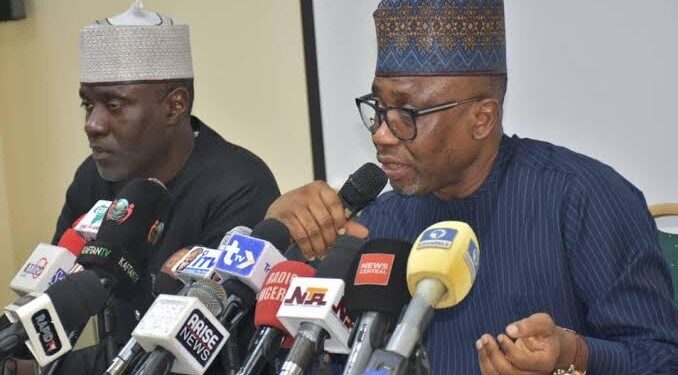President Bola Tinubu has approved a N10 billion grant to the National Broadcasting Commission (NBC) to embark on a transformation journey aimed at harnessing the benefits of Nigeria’s Digital Transformation (DSO).
NBC Director-General Charles Ebuebu, disclosed this on Thursday in Abuja at a joint press conference with the Deputy Chairman of the Nigerian Communications Commission (NCC), Dr. Ebuebu Aminu Maida.
DSO is a project of transition from analogue television to digital television.
The DSO project, which was launched by the Federal Government in 2008, was aimed at improving the quality and quantity of television programming, increasing access to television services, and freeing up frequencies for other purposes.

The NBC head explained to journalists that the commission would work with the NCC and the Nigerian Television Authority (NTA) to achieve the desired outcome for DSO.
“Under the visionary leadership of Mr president, we are embarking on a transformative journey to achieve the DSO dividends for Nigeria.
“As you are all aware, the process to the switching over from analogue to digital terrestrial television platform began, fully, in Nigeria, in 2016. However, the process has stalled due to enormous challenges.
“In view of this, the president has graciously approved a grant of N10 billion from spectrum sales by the Federal Government to the NBC,” Ebuebu said.
He further added, “This grant is not just a financial allocation; it is a testament to Mr President’s collective commitment to driving technological advancement, economic growth, and cultural enrichment through the DSO project.

“The area of utilising this grant include, developing and managing channels that cater for diverse interests, leasing transponders and establishing a robust satellite backbone to ensure 100 per cent signal coverage across Nigeria.
“Others are, Audience Measurement, Marketing, and Publicity, Content Production Studios, Digital Set-Top Boxes, FreeTV APP, conducting comprehensive training sessions and workshops for stakeholders,” Ebuebu said.
According to him, the introduction of digital broadcasting standards will enable Nigeria to meet global standards, become more competitive, and attract foreign investment.
Ebuebu added that digital broadcasting will bridge the digital divide, ensuring remote and underserved communities have access to vital information, education, and entertainment.
He also said traditional platforms will not disappear but will embrace new digital systems, as the ecosystem is huge and offers many benefits.
“With the introduction of DSO, a lot of people are going to be introduced to new set of skills, there is technology, you are going to learn to use software in production and all of that, and we are partnering to ensure it is done right”.
Maida also said that convergence is the new way forward in digital operations.
“Convergence has changed the media landscape. About 90 percent of the media we consume today is not traditional broadcast.
“This convergence has given us the option to consume media in so many ways, but primarily, through the internet; and as a regulator for communications.
“It is very important that the NCC be part of this journey.
“To do justice to the DSO project, there is need to create content with the notion that mode of production has changed and the fact that majority of these content is going to be consumed on demand,” he said.
Mr Maida added that DSO content requires a level of real-time interaction that is not possible or optimally implemented in traditional broadcasting.
































